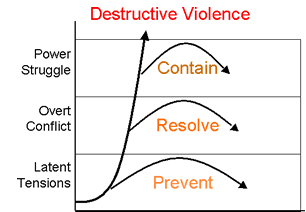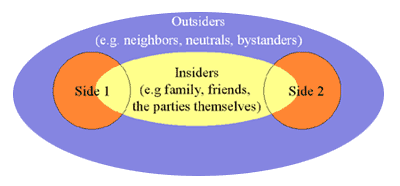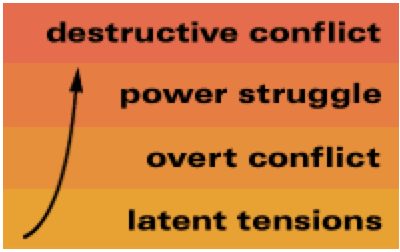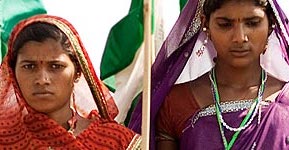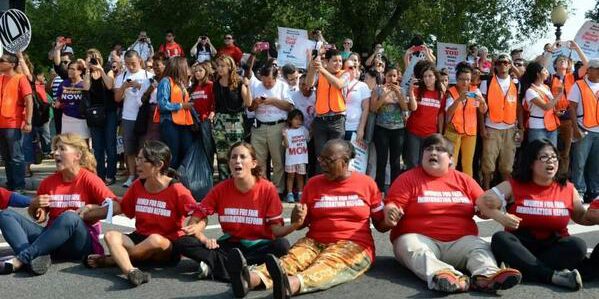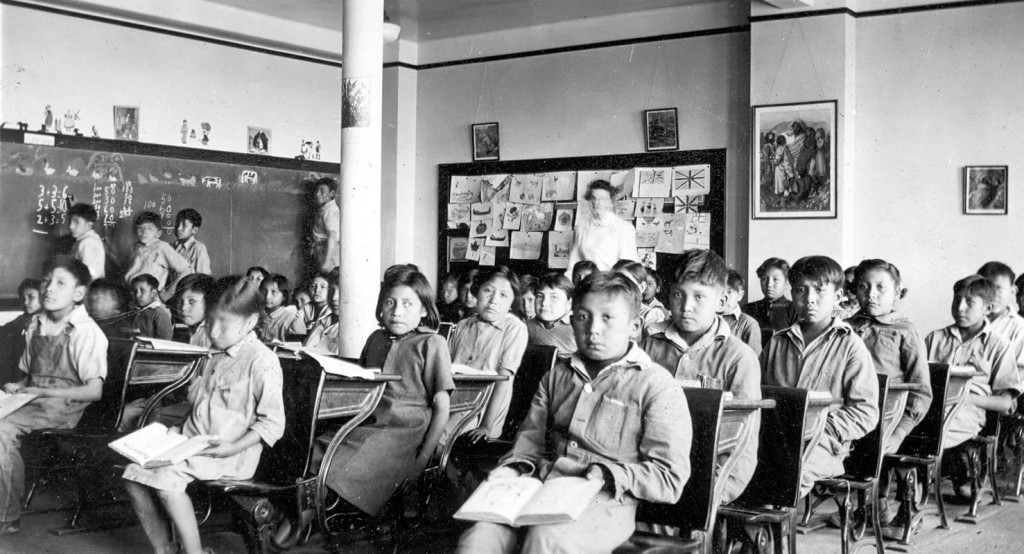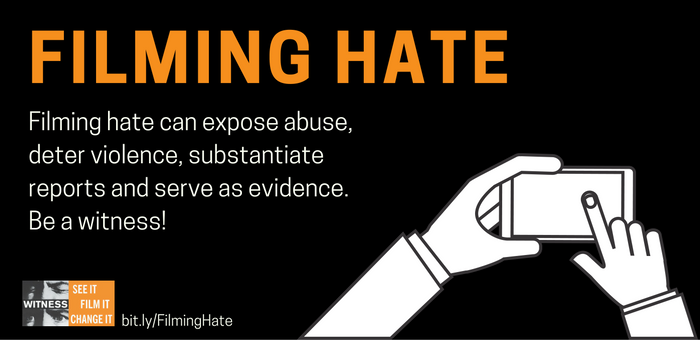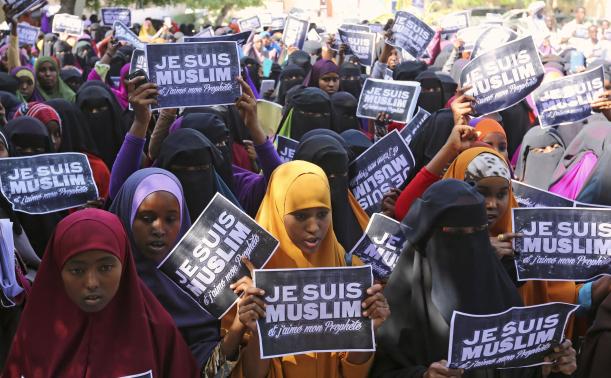The 10 Roles Applied
Stories are powerful tools to bring to life the experience of the Third Side. Stories can transform one’s understanding and even at times provide guidance and inspiration to those in conflict. These stories are a few of the many 3S stories that are being shared around the world. The stories here are grouped into general stories, and stories emphasizing each of the nine thirdside roles.
Taking Non-Violent Resistance to Scale: The Case of Ekta Parishad
William Ury, in his book ‘The Third Side’ said, “the underlying cause of conflict usually lies in deprivation of basic human needs…The most basic human needs include food (and other necessities for living), safety, identity, and freedom. Each provides a form of security – economic, physical, cultural, and political. Put more simply, each person wants to feel well, safe, respected and free. If we can help address one or more of these four needs, we can avert much destructive conflict.”
This is exactly what the Ekta Parishad (“Unity Forum” in Hindi), ...
Women and Non-Violent Resistance: The Missing Narrative in Our Evolving Histories
History has been replete with conflict and resistance to oppressive powers. Our memories are inundated with images of burning vehicles, people on the streets throwing Molotov cocktails and gunfire to control such resistance. It is true that violent images are more gripping, hence they are more newsworthy and are covered by the media. They are sensational, striking and such images are usually more easily seared into the minds of the collective psyche.
However, this is only one part of our evolving histories. The other, more ubiquitous and, non-violent versions of such ...
Wings of Change Leading to Schools of Change: Creating Inclusive Communities as a Response to a Tragedy
December 14, 2012 was a fateful day – it witnessed the massacre of twenty elementary school children and six educators at Sandy Hook Elementary School, in Newtown, Connecticut. The perpetrator was twenty-year-old Adam Lanza, with a history of social adjustment issues and severe anxiety. He was later diagnosed with autism, among other mental conditions.[1] Within ten minutes of the shooting commencing, Lanza shot himself. That day, amongst the twenty children that died, one of them was a 6-year-old boy with special needs named Dylan Hockley. He was special, determined ...
Filming Acts of Hate
Below is a tip sheet produced by Witness, and endorsed by the Third Side website. See the original >>
The Southern Poverty Law Center (SPLC) has documented over 700 acts of hate across the United States since the presidential election on November 8th.
WITNESS is doubling down on our work in the U.S. We are continuing our support of people documenting police violence, and we are expanding to support at-risk groups such as immigrants, refugees and LGBT communities to use video as a tool to expose abuses and amplify personal narratives.
Right now, we know that ...
A Better Way for Venezuela
By GUSTAVO DUDAMEL in the New York Times >>
JULY 19, 2017
LOS ANGELES — Almost two months ago, in the wake of the killing of the violinist Armando Cañizales by Venezuelan security forces, I raised my voice against the violence and repression in my native Venezuela. I had to speak out because Venezuelans are desperate for the recognition of their equal and inalienable rights and to have their basic needs met. This extreme confrontation and polarization is an obstacle to understanding and a peaceful democratic coexistence, and it cannot stand. Nothing ...
The Aarhus Way of Combating Radicalization in Communities
The series of terrorist incidents that affected France and other parts of Europe in 2015, starting with the Charlie Hebdo massacre led governments, security agencies, and people to take notice of a seemingly strange phenomenon – one of “homegrown terrorists”. The Charlie Hebdo massacre started with two gunmen attacking the office of the French satirical weekly magazine – Charlie Hebdo - for the cartoon of the Prophet Mohammed on the cover of their November 3, 2011 edition of the magazine. The attack spread across three days from January 7, 2015 to January 9, ...

